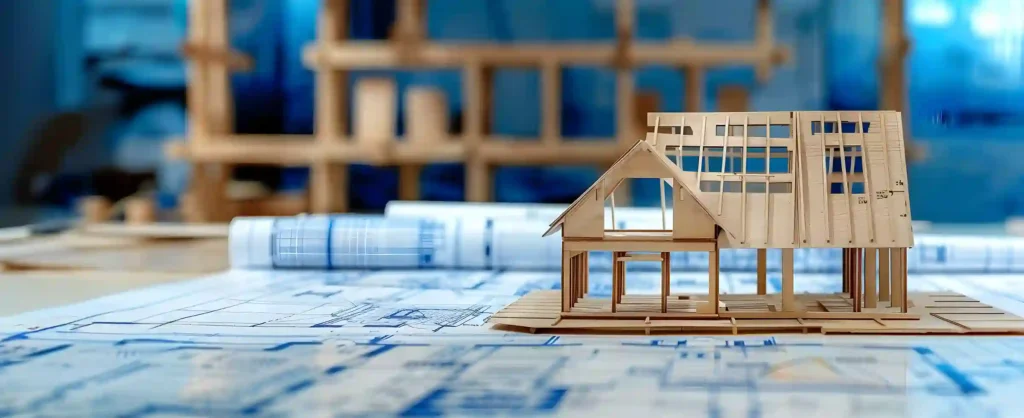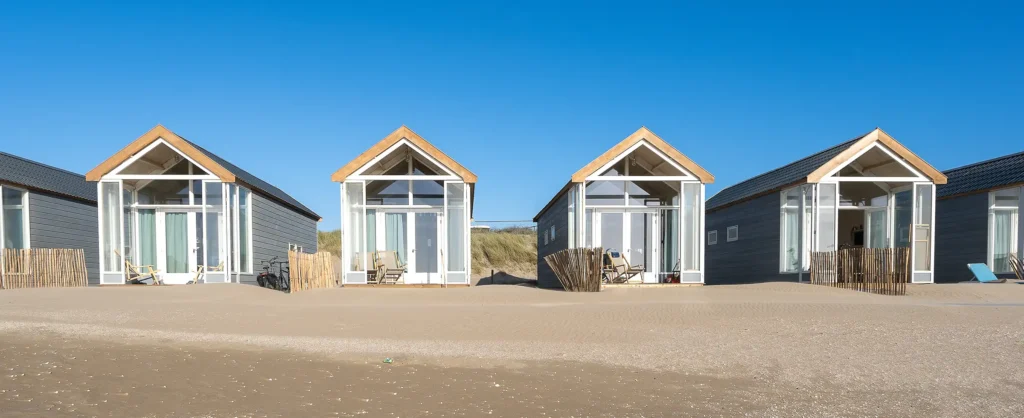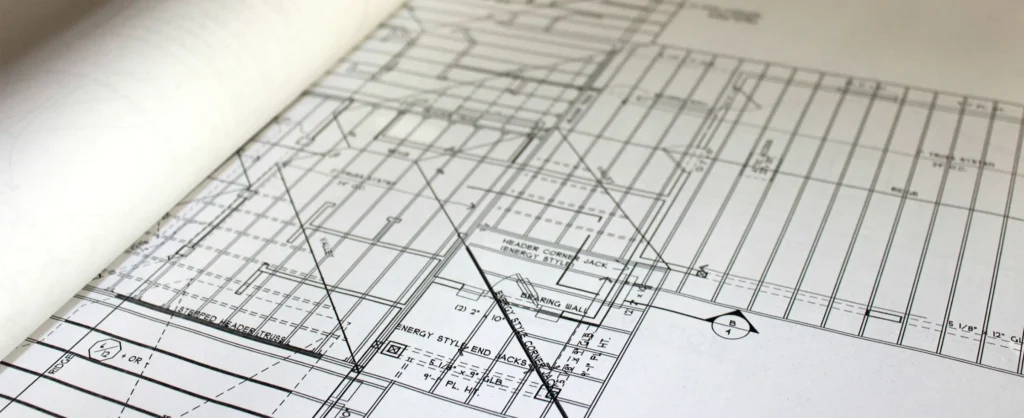For the past several years the UK has been in the grip of a worsening housing crisis, and recent developments in the private rented sector have only further highlighted its severity. Alternative housing is one of many potential solutions for addressing the housing crisis but, with the government still struggling to finance its housebuilding goals, there is a growing demand for private property investors to use their capital to support the spread of affordable and social housing.
In the private rented sector especially, tenants and landlords alike are under dire financial strain. Highlights include:
- Shorter rental property listings forcing renters to compete over a narrowing selection of homes
- A continued lack of progress on the Renters Reform Bill, with Conservative pushback against no-fault eviction changes and protections
- Average UK private rent prices reaching a new record high earlier this year
Landlords and renters have struggled to make ends meet amidst surging mortgage rates and rental costs, and the combination of record-high rented housing demand combined with a lack of supply has put even more pressure on the government to meet its housebuilding targets sooner rather than later.
Despite Rishi Sunak insisting that the Conservative government stands by its initial commitment to building 300,000 homes a year by the mid-2020s, housebuilding targets have been consistently unmet since their announcement and affordability remains a concern. As such, the reliance of the public sector on the private sector to meet those targets is becoming increasingly essential as deadlines near.
For private sector property investors seeking entry into the high-demand market of affordable housing development and letting, the solution may lie with alternative methods of housing construction that are perfectly suited to the time-sensitivity of the modern housing crisis.
Alternative Housing Could Make All the Difference
Property development is an intensive and time-consuming process. At best, the average time for a predesigned new build is roughly six months, with some taking as long as 12 months.
As the Government prepares to meet its housebuilding targets, economic growth and the well-being of vulnerable renters will hinge on removing as many obstacles to efficiency as possible. Alternative housing could be the ideal answer for the the Labour government’s new home mandate.
According to the Guardian, US homes are 40% cheaper than UK homes per square metre, which has allowed the average US household to become almost a third richer than their UK equivalents while living in much larger properties. The architectural and production-level differences between the way the two countries approach housebuilding suggest that this gap is at least partially caused by the US readily embracing more modern construction methods and materials. Given that these materials are considered both cheaper and easier to work with, it is safe to say that the UK’s inability to adopt modern alternative housebuilding methods is an obstacle that needs to be overcome to fuel more affordable, efficient and plentiful property development that could more readily address the widening housing crisis.
But how can government leaders and property investors make a start on that objective? Modular construction could be the ideal starting point for promoting a more cost-effective and timely property development industry capable of meeting housebuilding targets through alternative housing solutions.
Why Rely on Modular Construction?
According to a report published by global consultancy company McKinsey, the modular construction industry has a vast potential to support more efficient housebuilding without compromising quality.
The 2019 report, titled “Modular Construction: From Projects to Products” provides an in-depth analysis of the past and current state of the global modular construction market to reach data-driven conclusions on its viability. In the report, McKinsey suggests that modular construction could speed up the construction process of most housebuilding projects by as much as 50% while cutting build costs by 20%. This ability to streamline traditional property development could allow the modular construction industry to fill a $1.6tn productivity gap in the US and Europe by 2030, delivering an annual cost savings of $22bn.
Putting the UK aside for a moment, modular housing has already capitalised on its viability in a range of other international markets. Valued at approximately $84.48bn in 2022, the global modular construction industry has seen success in countries like Scandinavia and Japan, according to the McKinsey report.
Although modular construction – and, by extension, alternative housing – still struggles against outdated perceptions of poor quality and ugliness, recent projects from various producers of high-end modular homes and the adjacent popularity of the tiny home movement have given many a new perspective on the viability of modular homes as long-term residences that afford occupants the same quality of life as traditional properties.
Can Modular Construction Meet Housing Demand?
For modular homes to unlock their full scope for introducing transformative change to housebuilding and combating the housing crisis, McKinsey proposed that industry participants must prioritise the following changes:
- Modular manufacturers like Concept Capital Group must prioritise the scaling of their products and services by optimising their production and instilling more value and capability at the manufacturing level
- Developers must partner with private and public sector actors to satisfy both end customers and local authorities
- The public sector must facilitate the adoption of modular construction by modernizing building codes and approval processes to fully take advantage of its speed
- Property investors must be willing to seek out and engage with the industry by following its rapid development and taking advantage of its growth potential
Provided each actor within the modular construction market plays their part, the industry should be able to quickly meet demand in areas with labour and housing shortages like Australia, the US and the UK.
How Concept Capital Group Makes Alternative Property Investment Easy
As a specialist in alternative investments and real asset management, Concept Capital Group offers a unique opportunity for investors to grow their wealth through alternative property. Our modular homes are just one of the many solutions we offer for diversifying into resilient, tangible real assets that can help safeguard against uncertain economic climates while generating consistent passive income.
Simplicity is at the core of everything we do. Our team of property experts offer a bespoke blend of asset, property and investment management services designed to ensure investors can maximise their profitability without the undue sacrifice of time and effort associated with traditional property investment opportunities. And, with a growing range of options for managing your Concept Capital Group investment on the horizon, there has never been a better time to seek out alternative investment opportunities with our company.
To find out more about what our alterative housing solutions can do for renters and property investors, book a call with our team today.













